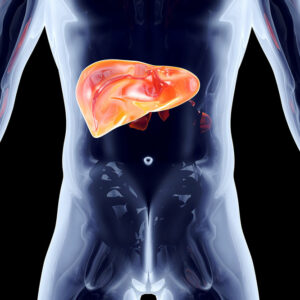Factors that determine daily water intake levels

Drinking water daily is essential for optimum health, but excessive water intake can lead to diarrhea, frequent urination, and other conditions. Therefore, one must understand how much water intake is safe for them. Daily water intake depends on multiple factors. Experts suggest drinking eight glasses of water daily, but not everyone needs to follow this. Keep reading to learn how much water one should drink daily to maintain optimum health.
Advantages of drinking water
Almost 60% of the human body is made up of water. Your body needs water to function correctly. Going without water for over a few days can lead to life-threatening complications. There are many advantages to drinking water daily, some of which are listed below.
- Control your body’s temperature.
- Maintain a healthy mouth.
- Lubricate your joints and safeguard your delicate tissues
- Eliminate hazardous wastes through urine, sweat, and stool
- Positive effects on skin health
- Maintains the bloodstream liquid enough to travel through blood vessels
How much water should a person drink daily?
There is no clear-cut suggestion on how much water a person should drink daily. It is because each body is different and requires different amounts of water daily. However, some experts believe that-
- Adequately hydrated men should drink 3.7 liters (125 ounces) of water daily.
- Adequately hydrated women consume about 2.7 liters (91 ounces) of water daily.
Factors affecting drinking habits
Body mass
People with high body mass may require more fluids because the average adult body contains more than two-thirds of water. Therefore, to estimate how much water one should drink daily, calculate one’s body mass in pounds and divide it in half to get an approximate figure.
Location
People in tropical or arid climates must drink more water to replenish fluids lost through sweat. One must drink more water at the hottest times of the year, as dehydration will be a significant concern.
Activity level
If you are physically active, consider increasing your daily water intake to remain hydrated. Even if you don’t feel like sweating heavily while exercising, your body will still lose water. It is especially true when working out in hot weather or high altitudes.
Health
Some health issues like high blood sugar, fever, urinary tract infections, and gastrointestinal problems can make you lose more fluid.
Most people can meet their bodies’ water requirements because of their regular eating and drinking habits. It suggests you’re receiving enough water if you drink when thirsty. One doesn’t need to worry about their daily water intake levels unless their doctor advises changing them.
Most people are well-hydrated as long as they drink water to quench their thirst. Therefore, paying attention to your body is essential rather than keeping track of how many glasses of water you’re drinking. Seek a healthcare professional’s advice if you have an underlying medical issue or are concerned about not drinking enough water. Although one can also acquire water through food and drinks, drinking pure water is the healthiest way to meet your water requirements. Furthermore, remember that even though drinking water is healthy for the body, water, like anything in excess, can also be harmful.



